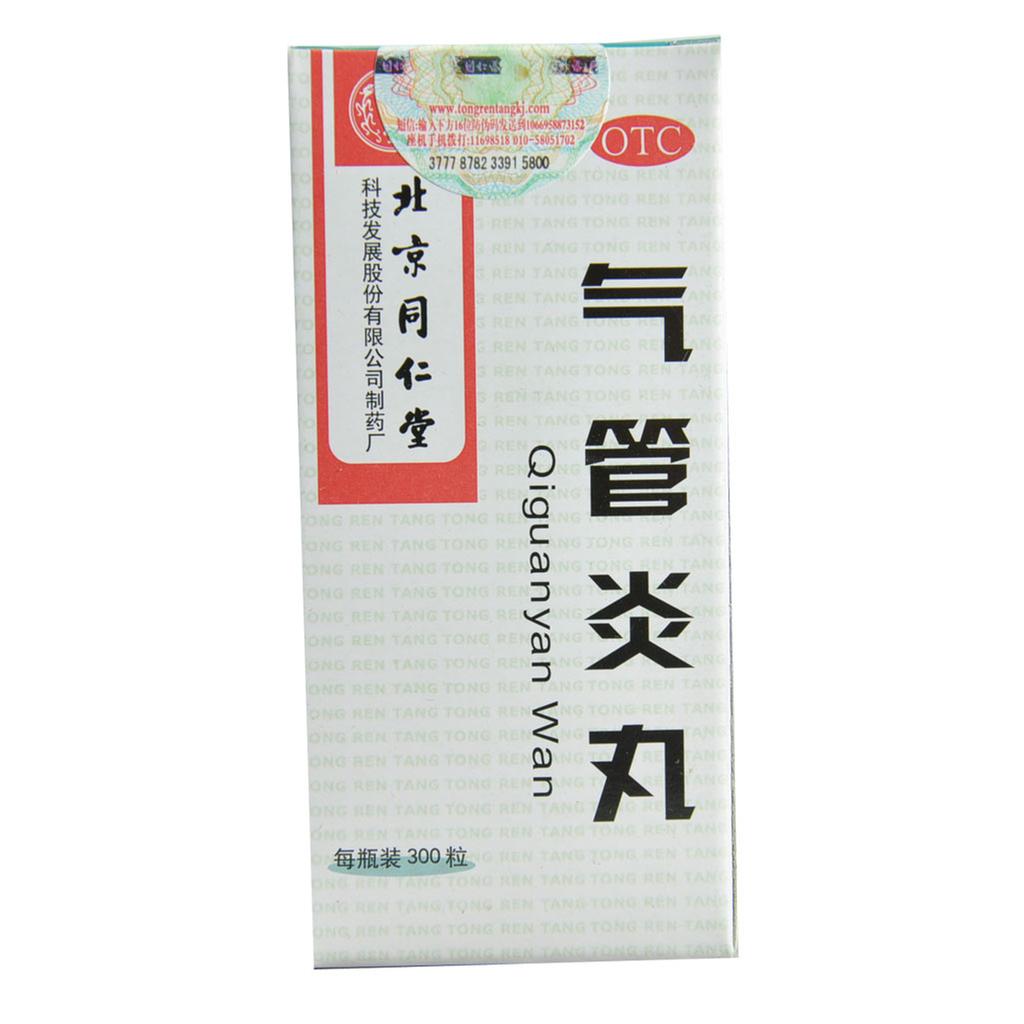
The treatment of bronchitis depends on whether it is acute or chronic, and whether it is caused by a bacterial or viral infection. Here are some common medications used to treat bronchitis:
1. Acute Bacterial Bronchitis:
- Antibiotics: If the bronchitis is bacterial, antibiotics such as amoxicillin, doxycycline, or azithromycin may be prescribed.
2. Viral Bronchitis:
- Supportive Care: Viral bronchitis is usually self-limiting and does not require antibiotics. Treatment focuses on symptom relief with:
- Cough Suppressants: Dextromethorphan or codeine to reduce coughing.
- Expectorants: Guaifenesin to help loosen mucus.
- Steam Inhalation: To ease breathing and clear mucus.
- Adequate Hydration: Drinking plenty of fluids to thin mucus.
3. Chronic Bronchitis:
- Bronchodilators: Albuterol or ipratropium to open airways.
- Steroids: Inhaled corticosteroids like fluticasone to reduce airway inflammation.
- Oxygen Therapy: For severe cases with low oxygen levels.
- Pulmonary Rehabilitation: A program that includes exercise training, disease education, and nutritional guidance.
4. Cough Medications:
- Over-the-Counter (OTC) Cough Syrups: Can provide temporary relief from coughing.
It is important to consult a healthcare provider for an accurate diagnosis and appropriate treatment plan, as misuse of antibiotics can lead to antibiotic resistance and other health issues. Additionally, smoking cessation is crucial for patients with chronic bronchitis to prevent further damage to the lungs.









